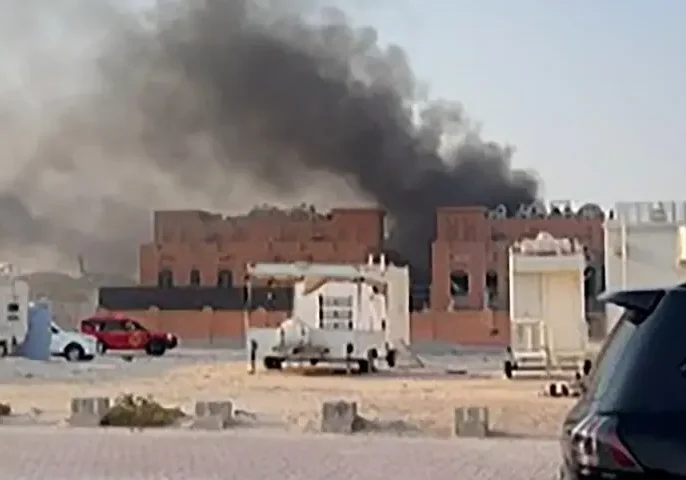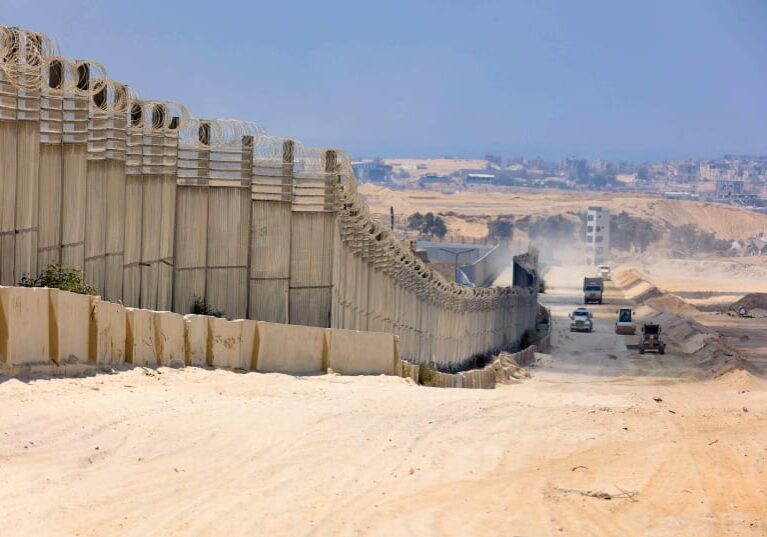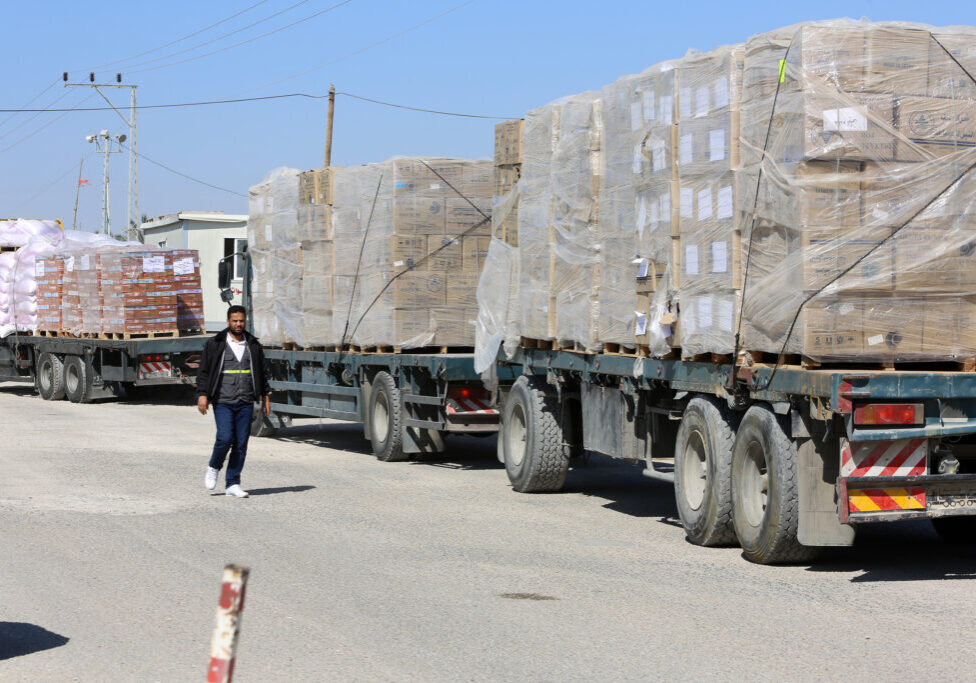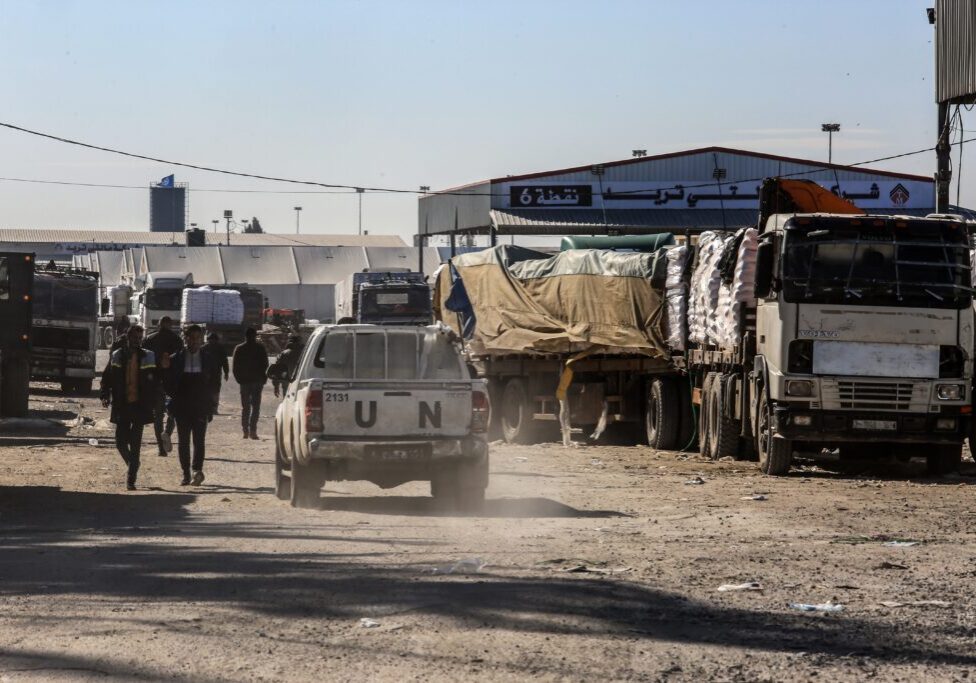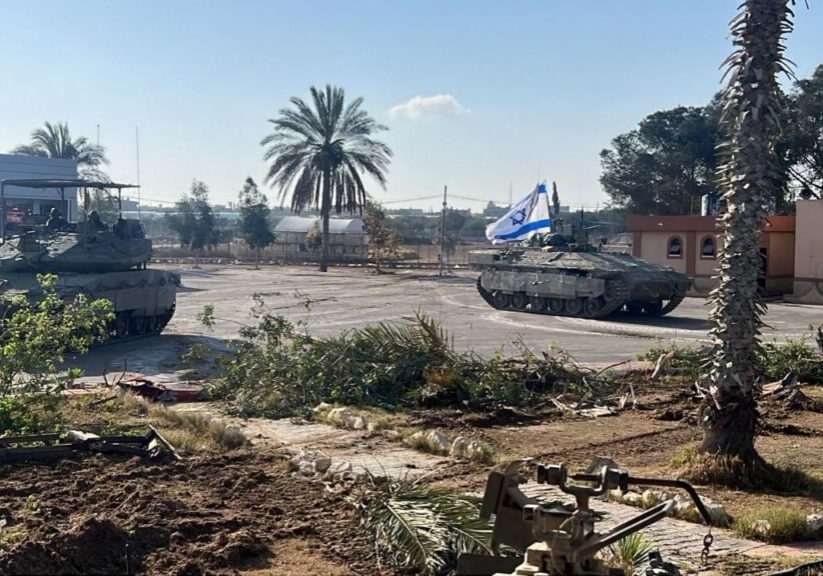Australia/Israel Review
How Dangerous is ISIS to Israel?
Sep 21, 2015 | Efraim Inbar
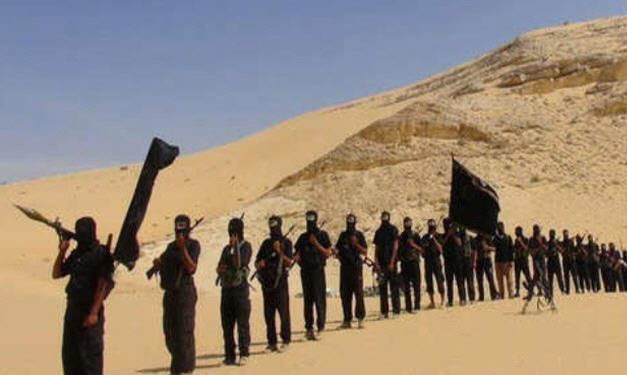
Efraim Inbar
ISIS, a radical Islamist group, has killed thousands of people since it declared an Islamic caliphate in June 2014, with the city of Raqqa as its de facto capital. It captured tremendous international attention by swiftly conquering large swaths of land and by releasing gruesome pictures of beheadings and other means of executions. In Israel, concern is increasing as ISIS nears Israeli borders.
Yet, several analyses of the threat ISIS poses to Israel seem to be unnecessarily alarmist. ISIS is primarily successful where there is a political void. Although the offensives in Syria and Iraq showed the Islamic State’s tactical capabilities, they were directed against failed states with weakened militaries. When and where ISIS has met well organised opposition by non-state entities, such as that posed by Kurdish militias, the group’s performance has been less convincing.
The attack on an Egyptian town in the Sinai Peninsula conducted by the local ISIS branch with several hundred fighters – an item well covered in the Israeli media – is not an exception to this assessment. ISIS has shown tactical ability in employing large numbers of militiamen in an area where, for several years, the Egyptian army has encountered problems in enforcing state sovereignty.
Nevertheless, the Egyptian army eventually succeeded in repelling the attack and in killing hundreds of attackers. A determined Egyptian regime put up a good fight against the terrorists in Sinai. Despite the fact that the Egyptian army is not well-trained in scenarios posed by groups like ISIS, and despite the army’s preoccupation with the Nile Delta region (the threat in Sinai is considered peripheral), the Egyptian army is still likely to be successful in containing the ISIS challenge.
The difference between a real army and the forces in Syria and Iraq that ISIS has encountered should be recognised. Generally, non-state actors are less dangerous than states. Only states can develop nuclear weapons. Non-state actors usually do not possess airplanes, heavy artillery and tanks that can cause great damage. Since they are Iranian proxies, Hezbollah and Hamas are not an exception to this rule because they have been endowed with destructive capabilities, such as missiles, by a state. Moreover, they have secured almost exclusive control over a piece of territory.
Similarly, the success of ISIS is partly the result of the role played by Turkey. Ankara allows overseas volunteers to flock to ISIS training camps in Iraq. The same Turkish route is used by foreign experts that operate the oil infrastructure captured by ISIS. It is Turkish territory that is used to resupply ISIS and to treat its wounded. It is money from Gulf States that subsidises ISIS activities. Even the recent Turkish formal agreement to join the coalition against ISIS does not change much. Ankara’s primary targets are the Kurds and evidence shows that ISIS still receives limited Turkish support.
This means that it is misplaced to view ISIS as posing an independent serious strategic challenge. It is true that ISIS has ignited immense passion among many young and frustrated Muslims all over the world and the Caliphate idea has a great appeal among the believers, but the relevant question is: What can ISIS do without outside support? ISIS on its own is capable of only limited damage.
ISIS might eventually carve an area of control along Israel’s borders, particularly on the Golan where the Syrian state is disintegrating. In a worst case analysis, Syria could yet become another “Hamastan”. But it is important to note that Israel has been successful in containing Hamas in Gaza. Indeed, due to less global support for ISIS than for Gazans, Israel’s freedom of action against ISIS is obviously much greater.
Jordan, an important buffer state and strategic partner of Israel, also has the military capability to withstand an ISIS onslaught. Its security services probably can also manage for the time being the radical Islamist threat from within.
Suggestions that ISIS may constitute a bigger threat to Israel than Iran does are ridiculous. The Israeli army and the ISIS militia are in different leagues. As long as ISIS behaves in a most unconventional, bestial way, many in the world will be happy to see Israel doing the dirty work on their behalf, dealing ISIS blow after blow, if the opportunity and necessity arises.
Efraim Inbar, a professor of political studies at Bar-Ilan University, is the Director of the Begin-Sadat (BESA) Centre for Strategic Studies and a fellow at the Middle East Forum. © BESA, reprinted by permission, all rights reserved.
This article is featured in this month’s Australia/Israel Review, which can be downloaded as a free App: see here for more details.
Tags: Egypt

